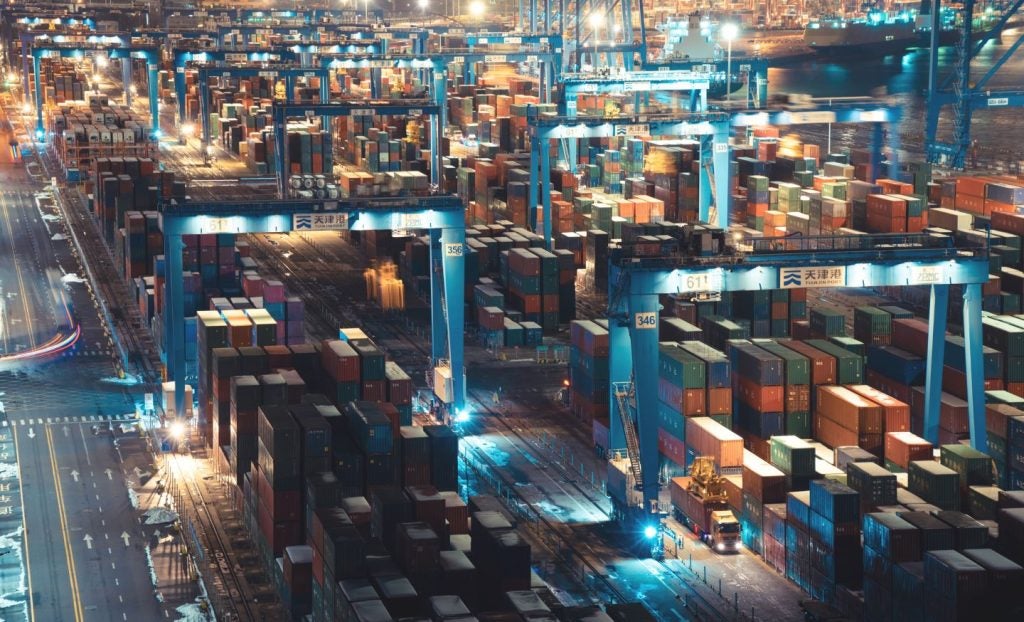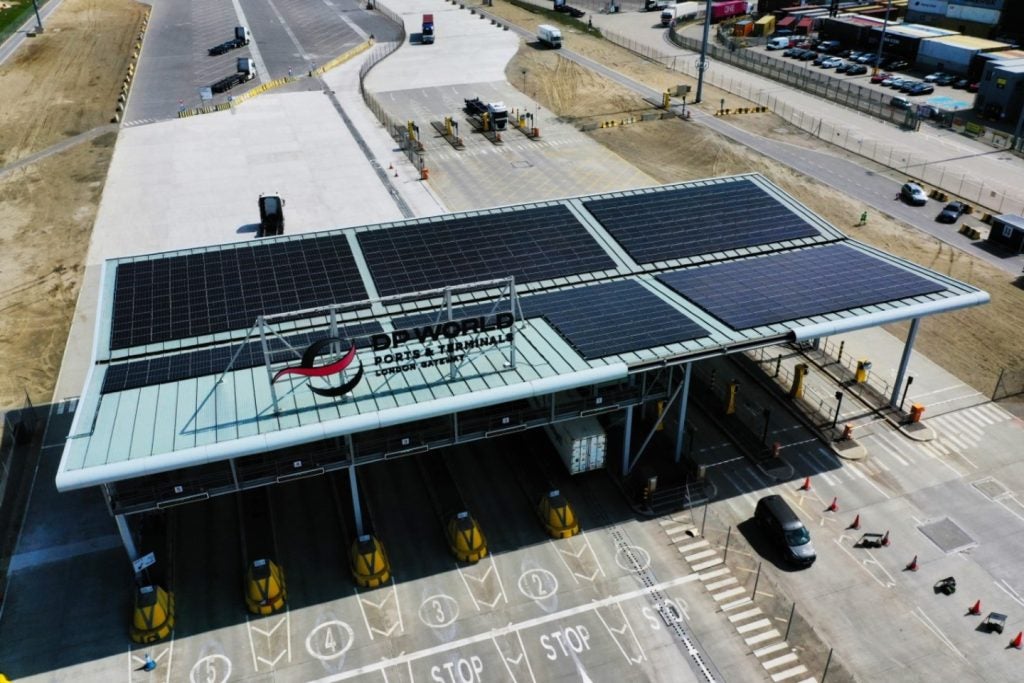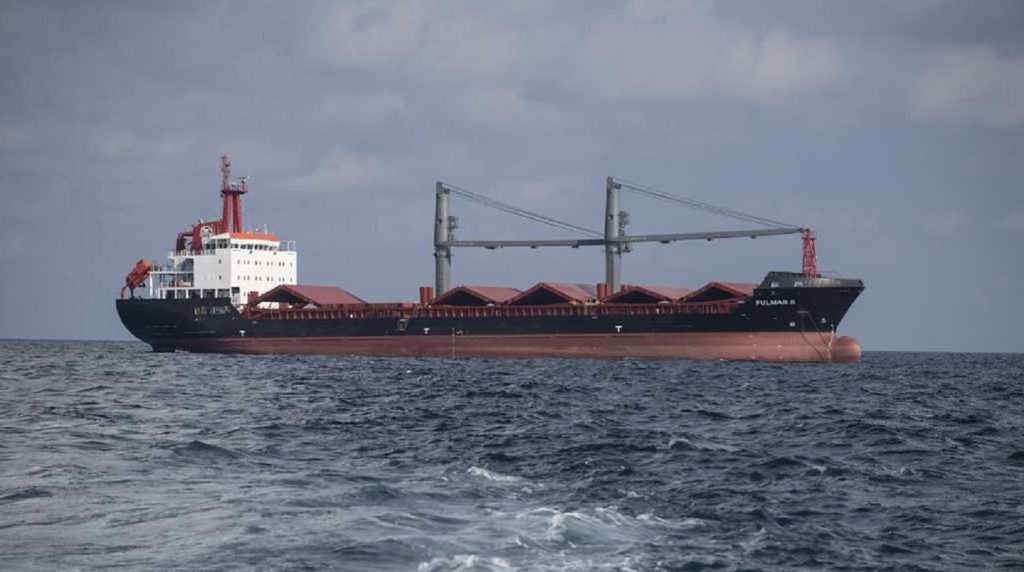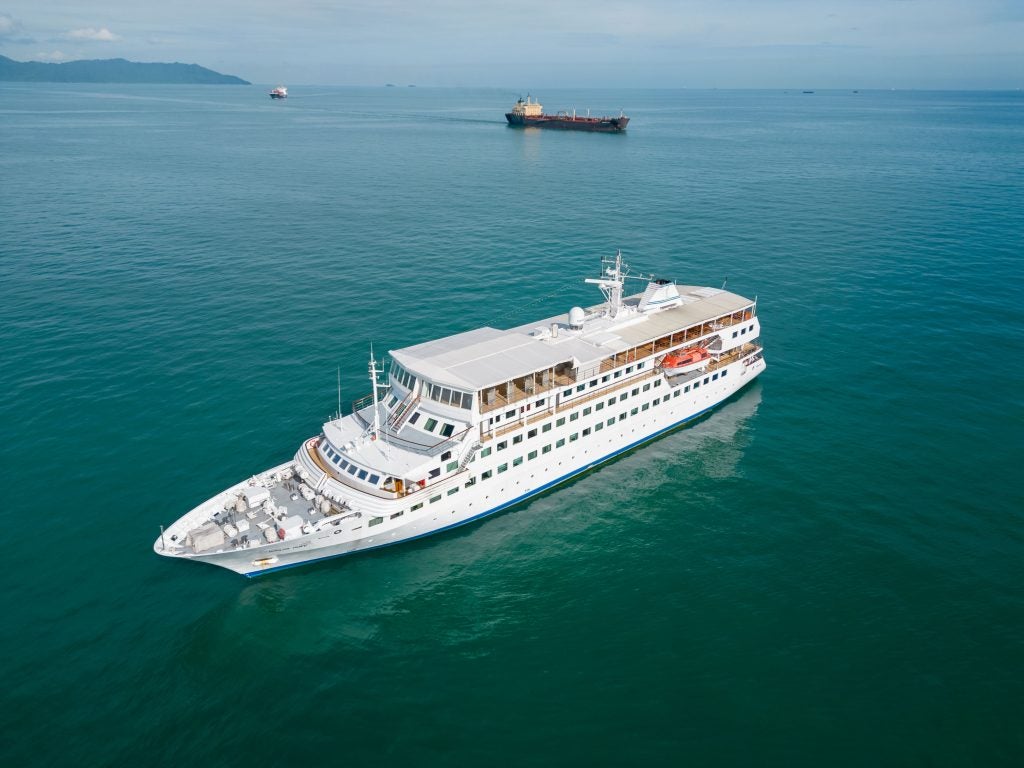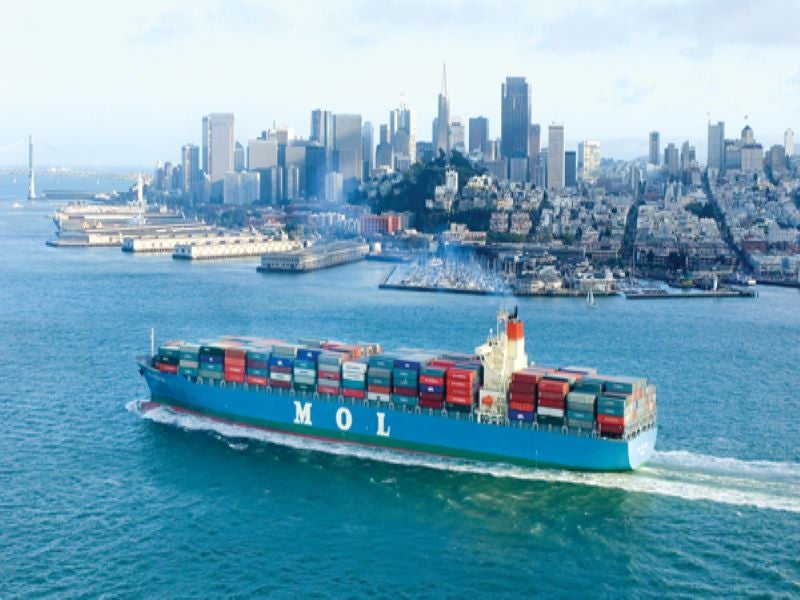
Mitsui OSK Lines (MOL) and Japan’s National Institute for Environmental Studies (NIES) have collaborated to commence a joint study on ship fuel.
Over a period of up to three years, the partners will use past fuel analysis records to carry out fuel quality analysis and research that will contribute to the safe operation of machinery on vessels.
The entities will also use the results to develop a database to support the prediction of environmental impacts in terms of different fuel quality and characteristics.
Furthermore, this database would help minimise risks of oil leakage in emergency situations.
The entities will also extend the collaboration to cover biofuel, one of the alternative clean fuels available.
The study will also allow MOL to work with big data in the ‘BUNKER HUB’ fuel oil and lubricant analysis result management system.
Developed and managed by MOL Technology Research Centre, the system began its service last August. It combines statistical data such as ‘analysis results by vessel/region’ and ‘off-spec bunker occurrence area distribution’ on the cloud.
By using the accumulated analysis results and data, MOL plans to support technological improvement and safe operations in the maritime industry.
In June, MOL and TotalEnergies business unit TotalEnergies Marine Fuel completed the first biofuel bunker operation for a vehicle carrier in Singapore.
The partnership, which was supported by the Maritime and Port Authority of Singapore, successfully concluded the local operation with a MOL-operated car and truck carrier known as Heroic Ace.


